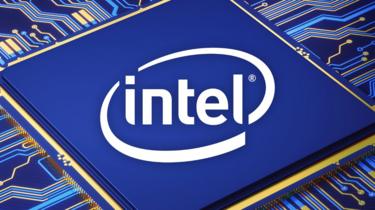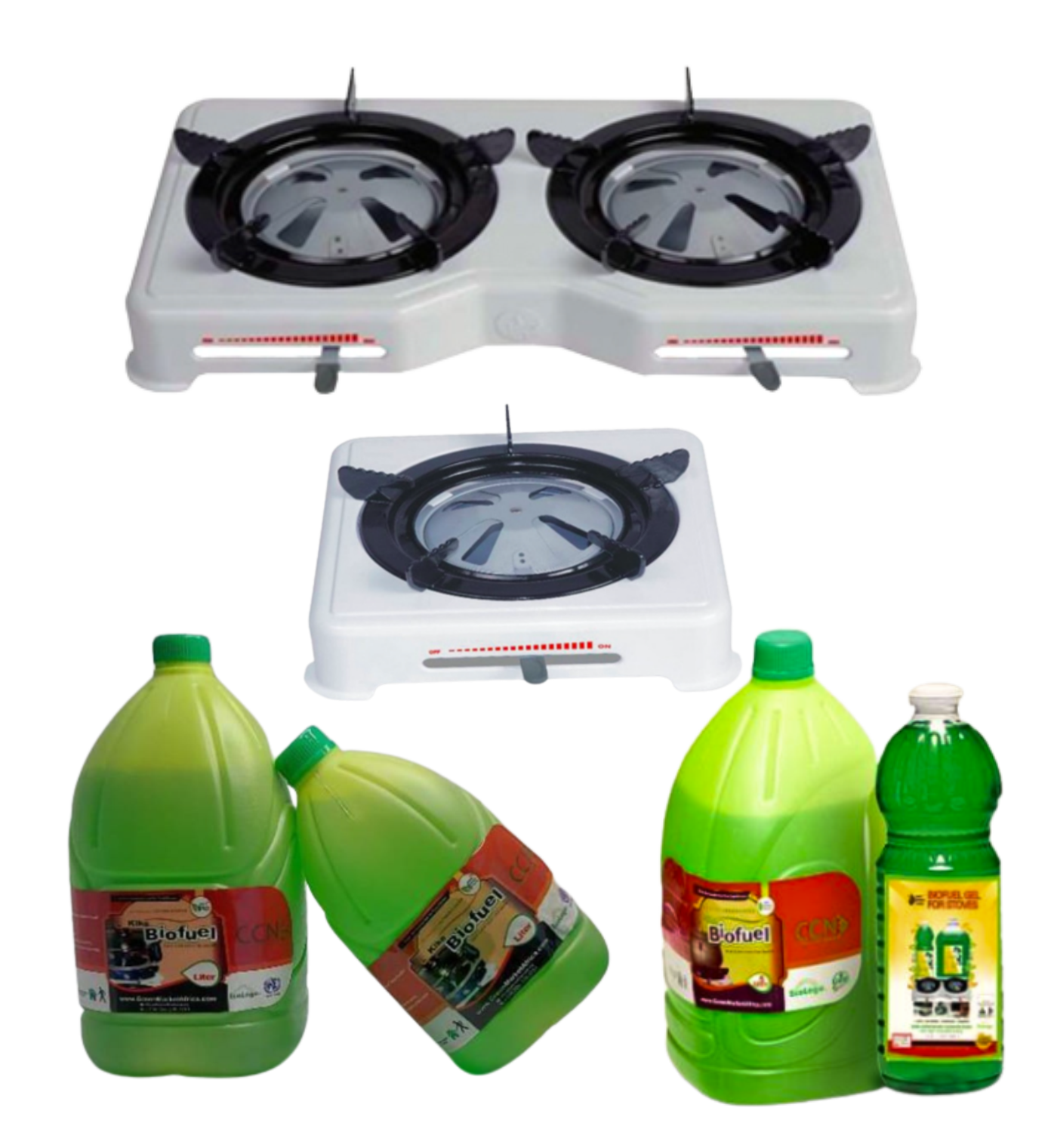
You Get Full Oversight And Control Of Your Gas & Stove
Kike is a smart
metering solution
Which provides clean, safer and uninterrupted
cooking fuel for homes and commercial
businesses.
SAFE
It is safe to your health and your environment.
SECURE
100% secure for personal and business use.
SUBMIT
Enjoy the world of smart and efficient technology for your everyday use.
FEATURES TO HELP YOU BETTER UNDERSTAND KIKE
What is KikeBio
The KIKE Green Cook stove and biofuel gel is a low
cost clean, safe energy and high-performing stove
for cooking. It provides a significant health benefit to
families otherwise dependent on dirty
– solid fuels – kerosene, wood, dung, crop residues, charcoal, even
coal – by eliminating dangerous smokes and gases
from the home.
Stand A Chance To Be Part Of The Green Revolution
Ecological benefits
of using KikeBio
BIOGEL
- Heats up very quickly with high heat output.
- Non Spill, non explosive, no flare, and non toxic
- Highly safe and economical.
- If stove falls over accidentally the flames are contained in one place.
- 1 litre burns continuously for approx. 4 hours and more.
- If ingested, effects are not fatal but just unpleasant
- No Smoke or smell.
- When water comes into contact with gel whilst cooking, it does not splatter.
- No black flame stains on cooking pots
KIKE COOK STOVE
- High quality, sturdy and durable 1 and 2 plate stove
- Lightweight and easy to travel with
- Easy and safe to operate
- Safer than kerosene stoves, with lower centre of gravity
- Non-liquid, so it will not spread like kerosene in case of spillage
- Comes with simmer plate
- Easy and safe to operate
HEALTH BENEFITS
- It provides a significant health benefit to families otherwise dependent on dirty fuel.
- Eliminating dangerous smoke and gases from the home. Millions of
families around the world still die yearly, mostly women and
children, as a result of cooking smoke and other harmful gases
Visit our store to get yours. https://store.mimfinder.com/ Or Whatsapp +2349091987979 for details

Mimfinder End Of The Year Message To Professionals, Business Owners And Service Providers In Nigeria
Quote:
“When you focus on faith rather than fear, you tap into a strength that will carry you through the tallest of mountains.”
Take That Step Now!
Mimfinder was founded with the vision to make businesses gain quality online presence through our process of promotion.
We are glad for all that God has used us to achieve this year, we will continue in 2021 better and stronger
Our aim remains, which is connecting you to thousands of customers who need your service.
And our goal is to become a name in providing professionals to customers who need their services in a more convenient method
We thank those who have joined us already, and for those who are still sceptical about Mimfinder, we hope that you find the faith you need to take action.
We are passionate about what we do, and doing it for the right reason, every provider must win his/her area of endeavor, that is our satisfaction.
We hope to see you in 2021!
To learn more about our platform, visit www.mimfinder.com or Call/WhatsApp: 09091987979
Mimfinder.com
Find service, provide service.
Signed: Chuks Michael
Coordinator, Marketing And Promotion

Advantage Of A Verified Service Provider
Service Providers with verified ID have a solid red check next to the name.
It establishes your credibility and attracts customers to request quotes for your services.
How To Verify Your ID
If your account has not been verified, login to your account, at the left side of your dashboard click on identity check and follow the instructions by submitting the required document.
Get Verified Today Its Free!

Simple Steps to Create YouTube Channel on Your Mobile
How to create a personal YouTube channel
- Sign in to your Google Account on a web browser using your iPhone or Android phone, or a PC or Mac computer.
- Click or tap your profile image. Click your profile image in the top right corner. …
- Click or tap Your Channel. Enter your name. …
- Click or tap Create Channel to save and create your personal YouTube Channel.

Intel’s next-generation 7nm chips delayed until 2022
Intel says the production of its next-generation chips will be set back until 2022, following years of delays getting its current-generation chips on sale.
The company said it was exploring “contingency plans” such as having third-party manufacturers produce some of its products.
In June, Apple said it would transition its Mac computers away from Intel processors and design its own chips.
One expert said Intel risked leaving a gap for competitors to step into.
Intel said it had identified a “defect” in its manufacturing process that led to the new delay.
What is a next-generation chip?
Chip-makers try to miniaturise their technology and processes so that they can pack more transistors on to a single silicon chip.
Doing so typically creates faster processors which are more energy-efficient.
This can give smartphones and laptops a longer battery life, and reduce energy consumption by data centres.
Intel’s current-generation chips are described as 10nm (nanometre) chips, and its next-generation will be 7nm chips.
These numbers used to be a measure of the tiny spaces in between transistors on a chip, but today they are simply marketing terms.
“Today, the metric commonly used by the experts to compare two different technologies is the transistor density,” said Dr Ian Cutress, senior CPU editor of the technology news site AnandTech, which reported Intel’s announcement.
Intel’s most dense 10nm designs are broadly equivalent to the most dense 7nm designs by rival chip-maker TSMC, he said.
Is Intel’s delay significant?
A delay in producing next-generation chips could give rivals a head start.
There are two main parts to Intel’s business: it designs computer chips and manufactures them. Most of its rivals only do one or the other.
TSMC simply manufactures chips designed by other companies, such as AMD and Apple.
“During most of the 2010s, one of Intel’s key marketable industry-leading features was that it was ahead of its competitors in manufacturing technology,” said Dr Cutress. “In recent years, Intel has been unable to develop new leading manufacturing technologies on its original timescales.”
While Intel’s current-generation 10nm chips were delayed by more than two years, TSMC was shipping its equivalent 7nm chips in bulk to major customers such as Apple, AMD, Huawei and Qualcomm.
While AMD already has a generation of current-generation chips on sale, Intel “has no answer for similar products in desktop computing, and is only promising a small launch of its first generation 10nm server processors by the end of the year”, Dr Cutress said.
“With all the delays Intel had on its 10nm production, its new 7nm chips were meant to solve that issue and make 10nm more of a footnote in Intel’s history. The delay to 7nm implies Intel is having issues with the development,” he added.
“If Intel fails to execute properly, then it leaves a large hole for its main competition to step into, as well as eroding 20 years of confidence in Intel’s ability to deliver high-performance and high-efficiency computing products.”
By Chris Fox

Personal data protection in the post-lockdown use of robots in Nigeria
By Emmanuel Salami, privacy advisor
Following attempts to re-open various sectors of the Nigerian economy for business, the (Nigerian) media has been awash with news that various institutions have been acquiring robots with the objective of securing the safety of the general public. Some of these institutions (for instance- the Federal Aviation Authority) have carried out public demonstrations on the use of these robots.[1] Unfortunately, it is surprising that for an activity which will process large volumes of sensitive personal data; profile data subjects; collect and store body temperatures and other health-related data of Nigerian residents, no consideration has been given to data protection law. While these robots are yet to be put into full use as at the time of writing this piece, it is not out of place to expect that in preparing to launch these robots, the efforts towards data protection compliance ought to have formed part of the communication being advanced by responsible institutions. In a bid to pre-empt and forestall this impending violation of the Nigerian Data Protection Regulation (NDPR), some non-exhaustive considerations which ought to be taken into account are highlighted in this article.
- Lawfulness: Article 2.2 of the NDPR provides that personal data should only be processed if one of the legal bases of processing personal data which are – consent, legitimate interest, contractual agreement, legal, public and vital interests – are complied with. The National Information Technology Development Agency (NITDA), the closest semblance of a data protection supervisory authority in Nigeria, has in a previous statement taken the position that ‘public and vital interests’ are justifiable legal basis for processing personal data.[2]
- Information: Article 2.5 of the NDPR provides that personal data processing media shall display a privacy policy containing information about the legal basis, description and purpose for which personal data are collected etc. In the deployment of robots after the lockdown, particularly at airports and large public gatherings, actions such as placing conspicuous signposts in the vicinity where the robots will be deployed, providing adequate information on relevant websites etc. will be effective measures for meeting this standard. Furthermore, there is a lack of clarity on the involvement of any third-party service providers in the deployment of the robots. Will the personal data retrieved by these robots be shared with such third parties (if any)? Will the personal data be stored within or outside Nigeria? All these and other relevant questions will be adequately resolved if the appropriate provisions of the NDPR are complied with.
- Data deletion: One of the most consequential risks that may accrue from the post-lockdown use of robots in Nigeria is the possible unlawful retention and reuse of the data collected even after the eradication of the COVID-19 pandemic. The large volumes of (sensitive) personal data that will be collected through these robots makes this risk a potentially biting challenge. As anticipated under Section 2.1 (1) (c) of the NDPR, personal data collected by these robots should be deleted periodically. In determining the timeframe for data deletion, only necessary factors such as the 14-day incubation period of the virus should be put into consideration.
- Data security: Controllers and processors involved in the deployment of robots to be used for post-lockdown purposes must in accordance with Section 2.6 of the NDPR, adopt adequate technical and organizational measures which will ensure the security of the collected data and restrict access to the data on a need-to-know basis. This consideration must be given very detailed attention because of the sensitive nature of the personal data that will be processed by these robots.
- Privacy Impact Assessments (PIA): Though the NDPR does not expressly define or provide for a PIA for specified processing activities,[3] this provision may be implied from section 3.1.5 (J) of the NDPR which mandates relevant organizations to submit their ‘policies and procedures used in assessing the impact of technologies’. From this provision, it can be implied that the NDPR anticipates some form of PIA in the use of technologies even though this is not developed any further under the legislation. Despite not being grounded in the NDPR, conducting a PIA before the deployment of an army of robots in Nigeria’s fight against the COVID-19 pandemic will highlight the risks that could be expected therefrom with remedies being designed before deployment.
In conclusion, it will amount to an enormous dent to Nigeria’s aspirations of being a data protection compliant country[4] if robots are deployed to tackle the COVID-19 pandemic without recourse to Nigeria’s first and only comprehensive law on data protection, the NDPR. It has to be said that the attitude of NITDA in these challenging times is quite worrisome. One would expect that as the responsible Agency that drafted and issued the NDPR, [5] NITDA would champion compliance with its provisions. Unfortunately, this is not the case. It is hoped that NITDA will awaken to its responsibilities by releasing comprehensive guidance and policy documents that can purposefully stir Nigerian data protection law in the proper direction.
REFERENCES
*Emmanuel Salami – privacy/data protection advisor.
- Samuel Nwite, Nigeria Deploys Robots to Airports As it Prepares to Resume Commercial Flights. (June 28th 2020, Tekedia). Available at: https://www.tekedia.com/nigeria-deploys-robots-to-airports-as-it-prepares-to-resume-commercial-flights/ See also: Ijeoma Popoola, COVID-19: Unilag gets robots for temperature, blood pressure checks, others. (June 29th 2020, NNN). Available at: https://nnn.com.ng/covid-19-unilag-gets-robots-for-temperature-blood-pressure-checks-others/ accessed 29/6/2020.
- Emmanuel Elebeke, NITDA promises to Align COVID-19 Data Collection Strategies with NDPR guidelines. (29th March 2020, Vanguard) Available at: https://www.vanguardngr.com/2020/03/nitda-promises-to-align-covid-19-data-collection-strategies-with-ndpr-guidelines/ accessed 29/6/2020.
- See Article 35 of the GDPR.
- See the preamble and Section 1.0 of the NDPR.
- See the preamble of the NDPR.
Written by Emmanuel Salami, privacy advisor.






